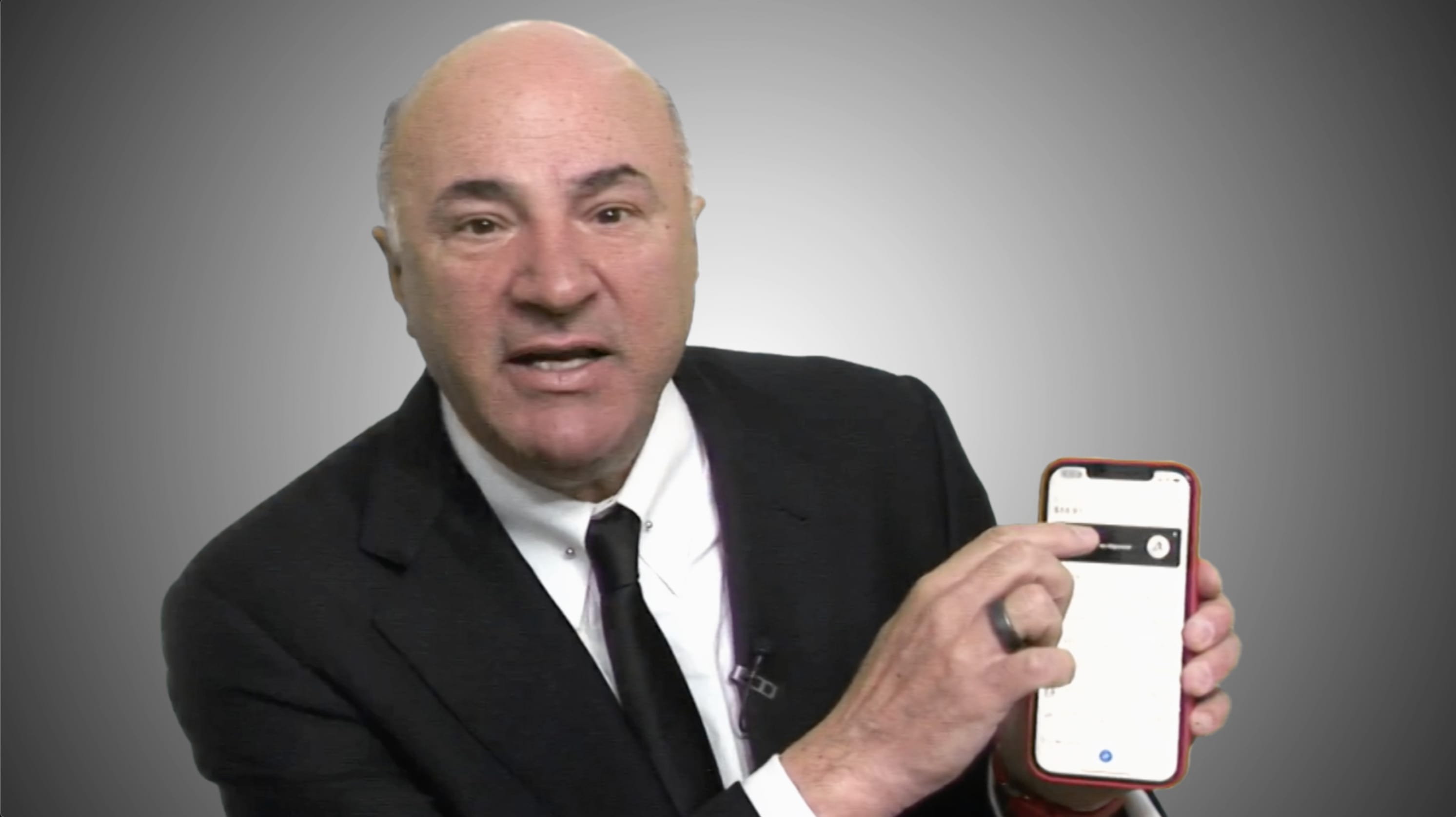After 13 years on ABC’s “Shark Tank,” Kevin O’Leary has learned a few things about what makes a great pitch.
The obvious ones, he says, are to speak concisely and explain how your skillset benefits your business. But there’s something more crucial that many CEOs miss, he says: showing an understanding of the business’ finances, and how they relate to the rest of its industry.
“I’ve seen the air sucked out of the room, in the context of ‘Shark Tank,'” O’Leary tells CNBC Make It. “You’re standing on the carpet, all Sharks trying to bid on [your business] and they start asking about numbers. You’ve got to know those answers.”
CEOs who aren’t prepared to discuss their company’s finances, O’Leary says, are wasting their potential investors’ time. “You deserve to burn in hell,” he says, deadpanning. “And I’ll put you there myself.”
Colorful language aside, O’Leary says quality “Shark Tank” pitches include production costs, sales figures and profit information. CEOs who can illustrate how their product or service can “get a piece” of a large, lucrative industry are particularly successful, he says.
“The key is to express how big the market is, how fast it’s growing and why you think you can get a significant share of it,” O’Leary says. “You’ve got to say, ‘Look, this market is $100 billion a year, and here’s why [I] can get a piece of it. Here’s how distribution is going to work.'”
As for the other aspects of a successful pitch, O’Leary notes that the vast majority of “Shark Tank” CEOs who leave the show with deals “articulate the opportunity or the idea for a product or service in 90 seconds or less.”
“Great ideas are easy to explain and immediately present themselves,” O’Leary says.
Most successful pitches also include a personal backstory, which isn’t just for the purposes of compelling television, O’Leary says. Rather, a detailed account of a CEO’s personal experience can assure the Sharks that they’re getting a reliable – and hopefully profitable – business partner.
Specifically, O’Leary says he wants to know: Do you have any industry experience? Have you run a company before? Have you ever failed before, and if so, do you know where you went wrong?
“Great ideas are a dime-a-dozen. It’s executional skills that are rare,” O’Leary says. “If you combine the two, [you’ll] start to see investors get interested.”
Recently, O’Leary says he’s started adding a new element to his internal rubric for grading “Shark Tank” pitches: an understanding of social media, and how it can be used to generate sales.
“That’s become part of what it takes to launch a new product or service,” O’Leary says. “Great taglines, great ideas, great visuals great demonstrations… [on] Instagram and TikTok and LinkedIn. All of that is very much part of what I like to invest in.”
It’s not just for the aesthetic, he notes: Being “hip to social media” is crucial to understanding a company’s market.
“Trends are recognized very quick now because of social media,” he says. “We to see people tweeting about [a product or a service]… and markets are formed immediately to satiate that demand.”
Sign up now: Get smarter about your money and career with our weekly newsletter
Don’t miss:
The mistake that cost this CEO a $1 million ‘Shark Tank’ deal with Kevin O’Leary
Mark Cuban gave this 19-year-old a $400,000 ‘Shark Tank’ deal—and asked her to meet his 2 daughters
